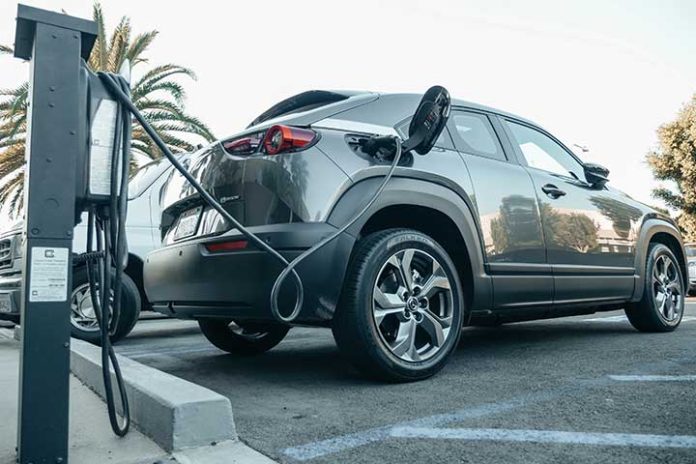According to the new agreement of the European Union, in 2035, car manufacturers will be forced to stop selling gasoline and diesel cars, for a total ban on their circulation in 2050. Brands are already adapting to the change by manufacturing hybrid and electric vehicles. Are you considering changing your car and want to know which is the ideal electric charger?
Today’s article explains the types of electric chargers that exist and if they vary from electric to hybrid cars. Take it!
1.Electric car charger: What you should know
First, if you are considering buying an electric car, recharging it is free at charging stations and points due to a subsidy from the Government. Another of the measures taken by the Government in favour of sustainable transport is financial aid for purchasing electric vehicles and installing their charging points.
This is one of the reasons why the sales of electric vehicles have grown by 8.2% compared to last year, and one of the most frequent doubts is in the choice of electric chargers.
It is important to consider several aspects before choosing one charger or another. The first is the charging power of the vehicle. Vehicles have different charging power for home charging or external charging.
It is possible to recharge your electric car at home through a Wallbox. This charging point is installed on the building wall where you want to recharge, which must have access to electricity. The charging powers of an electric car available for domestic charging are:
- 3.7 kW (Single phase)
- 7.4 kW (Single phase)
- 11 kW (Three-phase)
- 22 kW (Three-phase)
These currents are the maximum that the electrical network of a conventional building can support. As for external charging points, the cars can support up to 270 kW, depending on the model, and always with direct current.
Another point to take into account is the maximum load power that the vehicle has. It is sometimes important to charge it at maximum power since the battery could deteriorate. In addition, the faster the charge, the more expensive the kW will be, a factor to consider if you usually charge at home.
Your use of the vehicle will determine the type of ideal electric charger since if it is used daily for long trips, a fast charging one will be better, but the battery’s useful life will decrease. If it is for more specific trips, a lower-power one will be better, allowing the battery to last longer.
2.What types of chargers are there, and what price
Chargers for electric or plug-in hybrid cars can be classified according to many criteria, but we highlight the most important ones: charging speed and type of connector.
2.1. Depending on the charging speed
There are three types of chargers depending on the charging speed:
Fast charging speed electric charger
Depending on the charger and the electric car’s battery, they can charge the car in 1 hour.
Medium load speed electric charger
This type of charger is the most common. Completing a full charge of the vehicle requires approximately 9 hours.
A medium-load car, like the Hyundai Kona, has a range of 100 km with 2 hours of charging.
Slow charge electric charger
These types of chargers are used in garages and portable chargers (those that you can carry in the trunk of your car). They work on the home network, so the Government does not subsidize their cost. Ideally, charge it for long periods of time a day, after work or overnight.
The price of recharging with this charger usually is less than €1 per 100km.
2.2. According to the connector
The connectors that you can usually find are:
Schuko connector: It is the conventional plug of any device. It is compatible with all-electric cars, but its charging speed is slow.
Type 1: It is compatible with most cars, and it is the Japanese standard charger with five terminals. It operates with up to 7.4 kW of power and has a security system that prevents it from being disconnected by someone other than the car user.
Mennekes or type 2: It has a flattened shape and has seven terminals. It has from 3.7 to 22 kW of power. It is the most common in Europe.
CCS or Combo 2 is a type 2 with two additional terminals. It reaches up to 100 kW of power; it is used for continuous fast charging.
CHAdeMO: Provides up to 50 kW of power and works for fast charges with an intensity of up to 125 A. In Europe, it is used less, so if you buy this charger, you will need an adapter.
We hope this article has helped you learn more about electric car chargers and enables you to choose the most suitable one for your needs.
Also Read: What Is Hardware And Its Types?

